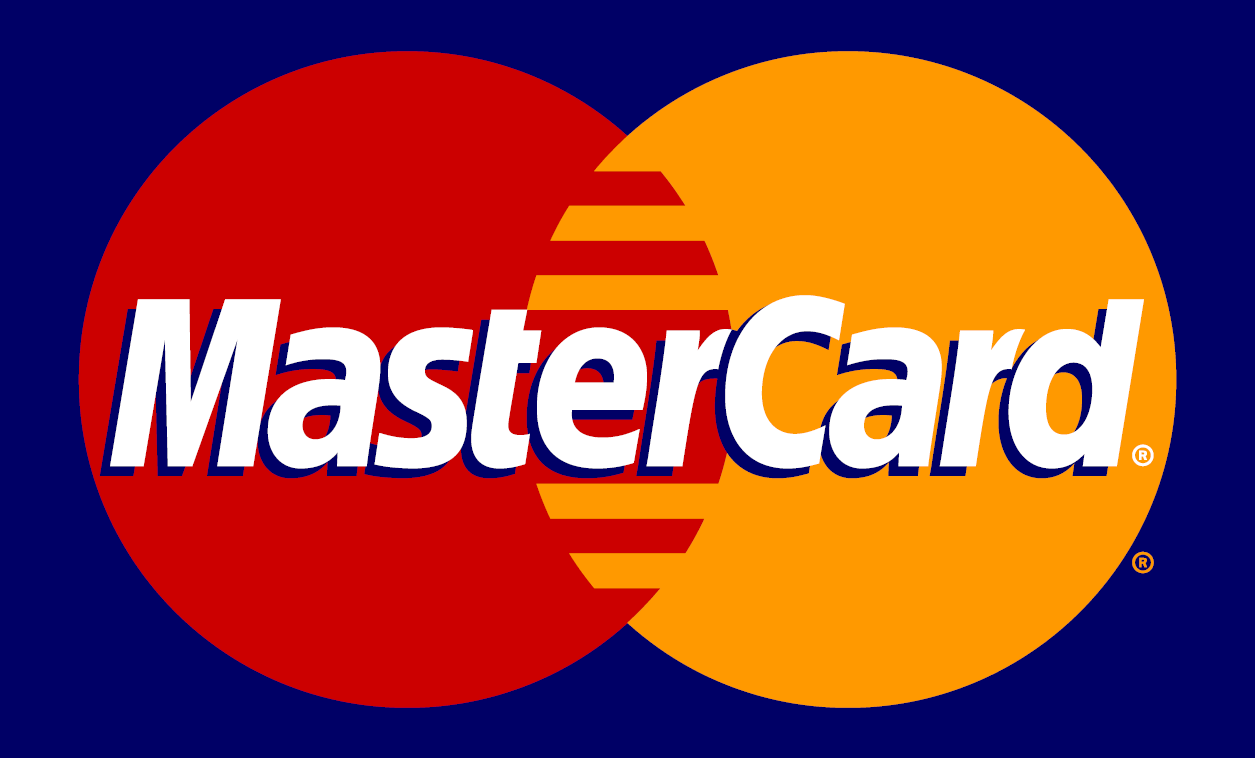
That's a reality for many transgender and nonbinary individuals, data show, and one that MasterCard aims to address with its new True Name program. Cardholders will soon be able to swap out credit, debit or prepaid cards featuring their "dead name" with new ones emblazoned with their true name. Experts say it's a first for the financial services industry.
"Deadnaming" refers to using the birth name of a transgender person that conflicts with their gender identity. A name change is often the first step when they transition, according to Pink News, and having others get it wrong can have emotional ramifications and jeopardize mental health and safety.
Nearly one-third of trans and nonbinary individuals say they've been harassed or denied service after showing an ID card that did not match their identity, according to a 2015 survey by the National Center for Transgender Equality.
"If we see a need or if this [LGBTQIA+] community is not being served in the most inclusive way, we want to be a force for change to help address and alleviate unnecessary pain points," said Randall Tucker, Mastercard's chief diversity and inclusion officer, in a release. "Our vision is that every card should be for everyone."
Scott Turner Schofield, who works with GLAAD's Transgender Media project, was involved in the True Name discussions. "MasterCard was so gung-ho," he said. "I didn't have to convince anyone to the necessity of this. They were completely on board and recognized this as a barrier of access to people, as unfair, and they just fixed it. That's the kind of corporate leadership we really want to see."
The majority of transgender Americans don't have credit cards, he noted, and are subject to employment discrimination that's legal in 30 states.
As a transgender man, Schofield said that it took him about four years after starting his transition in 2000 to gather the funds and courage to navigate the legal processes of formally changing his name. And when he did, it involved volunteering hundreds of dollars and private information.
MasterCard said it is working with its issuing banks to have the program in place in the United States by 2020. Chaiti Sen, the company's vice president of communications, said it will be up to those banks to work out the details of the application and verification processes.
"It is a call on the industry to apply these standards to everyone to ensure that people's financial products truly reflect who they are," Sen said. "What we hope to do with this initiative is really make this whole process more sensitive and private and free off personal questions that will allow for true names to appear on cards."
CreditCards.com analyst Ted Rossman said the initiative is a first for the industry and a step meant to prioritize the emotional well-being of customers.
"What MasterCard is doing is a really positive thing for this community," he said. "It feels like a good common sense thing that people will get on board with."
A Capital One spokeswoman said their associates can change account names upon request. And American Express customers can choose the name they want to appear on their card while applying for it, but that name has to match their name on the credit bureau's file for security reasons, said spokesperson Ashley Tufts.
The True Name program won't require a legal name change, which is a significant departure from other forms of identification like driver's licenses, Social Security cards and passports.
Rossman said that while with any financial element there's a risk of identity theft, he's confident in the security of MasterCard and its partnering banks and doesn't see it differing from typical card application processes.
One issue he said may come up is in situations where cardholders would pick up will-call tickets at an event, such as a sports game or a performance, where the merchant would try to match the card with another form of ID.
Every weekday JewishWorldReview.com publishes what many in the media and Washington consider "must-reading". Sign up for the daily JWR update. It's free. Just click here.
(COMMENT, BELOW)


 Contact The Editor
Contact The Editor
 Articles By This Author
Articles By This Author